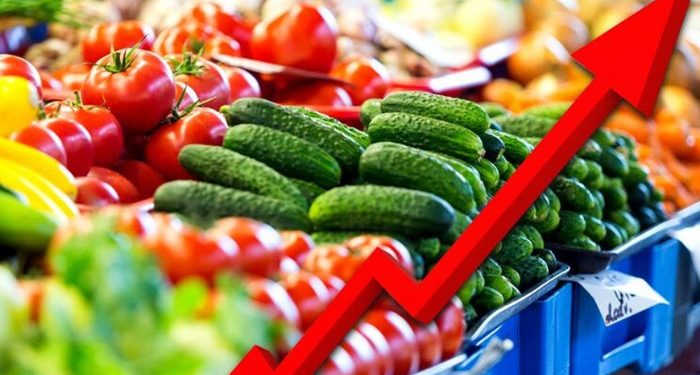Nigeria’s imported food inflation soared to 42.29% in November 2024, as revealed in the latest Consumer Price Index (CPI) report by the National Bureau of Statistics (NBS). This marks a significant spike compared to previous months and underscores the growing economic challenges linked to the rising cost of imported food.
The inflation surge is driven by multiple factors, including the continuous depreciation of the naira, high global food and commodity prices, and ongoing disruptions in the international supply chain. Import restrictions and rising freight costs have further exacerbated the situation, leaving consumers and businesses grappling with skyrocketing prices for basic food items.
Households, particularly low- and middle-income earners, are bearing the brunt of these price hikes, with many forced to reduce their consumption of imported staples. Meanwhile, businesses reliant on imported raw materials face increased production costs, which could lead to higher prices for locally manufactured goods.
Economists argue that Nigeria’s heavy reliance on food imports is a critical vulnerability, particularly in a time of global economic uncertainty. The country spends billions annually on importing essential food products, including rice, wheat, and vegetable oil, despite having the potential to boost local production.
The soaring inflation also raises concerns about food security. With domestic food prices likely to follow the upward trend of imported goods, many Nigerians could face greater difficulty accessing affordable, nutritious meals. This situation has prompted renewed calls for the government to accelerate efforts toward diversifying the economy, enhancing local agricultural productivity, and investing in infrastructure to reduce post-harvest losses.
Policymakers are under pressure to implement measures that can curb inflation and stabilize the economy. Analysts suggest that improving foreign exchange availability, revisiting import policies, and promoting local food production through incentives for farmers and agribusinesses could be effective steps toward mitigating the crisis.
As food prices continue to rise, addressing these challenges remains a critical priority for Nigeria to ensure economic stability and improve the living conditions of its citizens.










